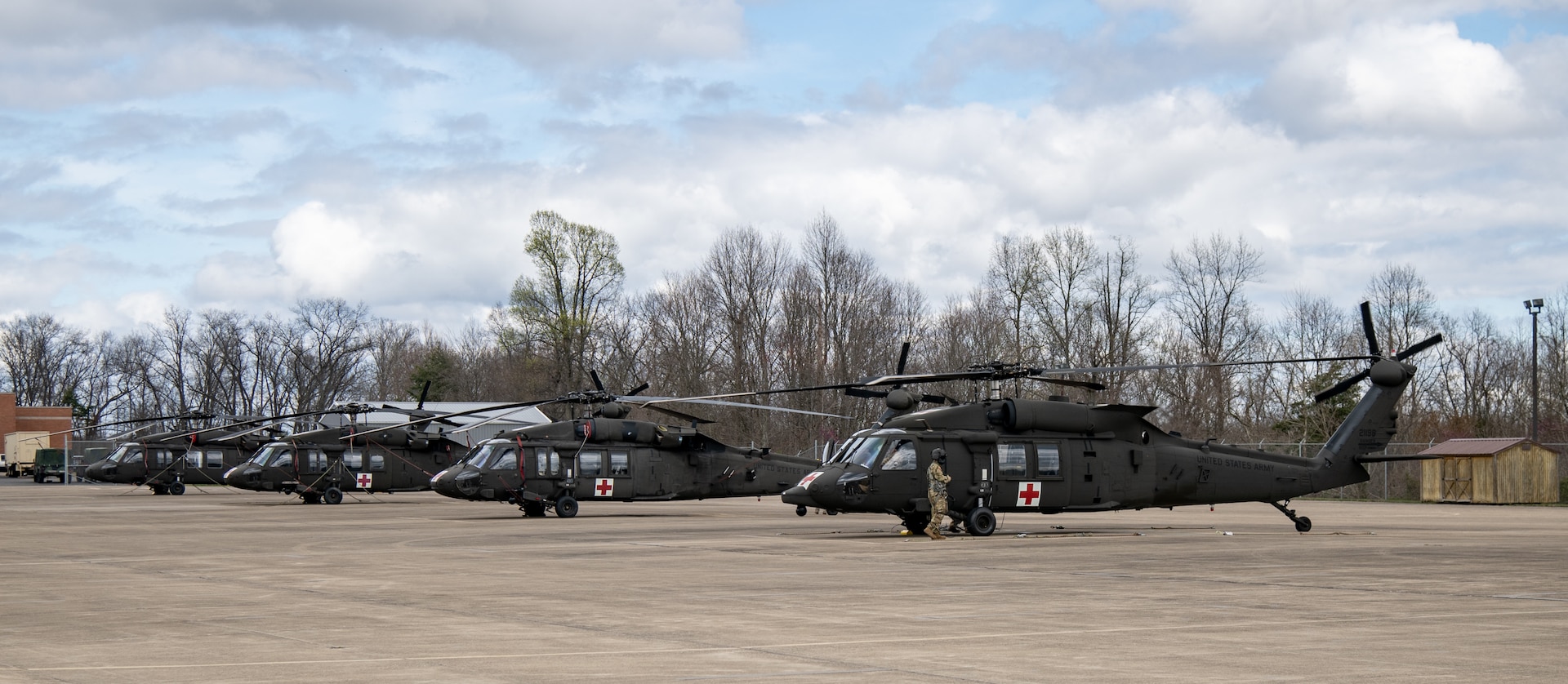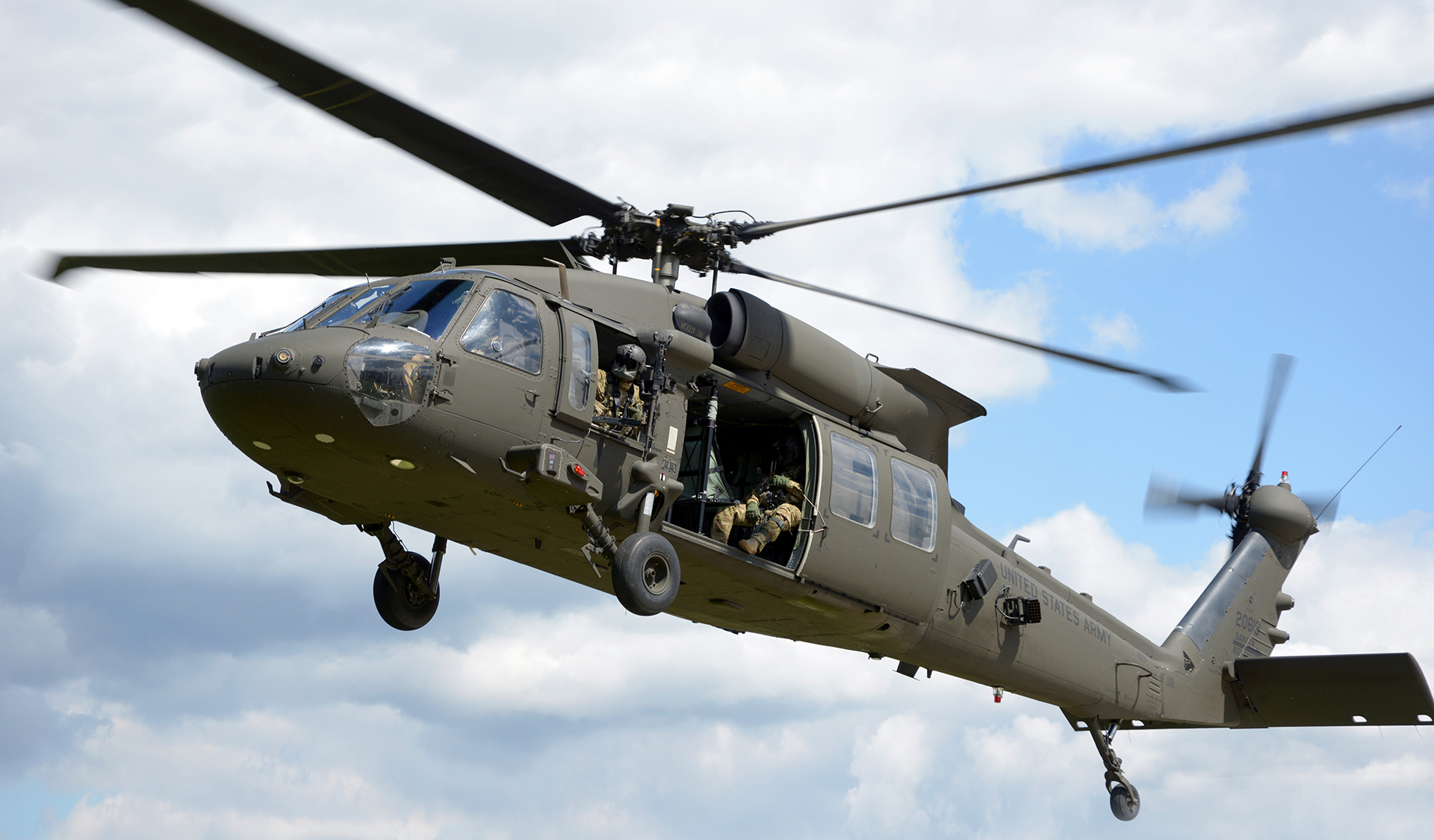UH 60 Black Hawk: Trick Features and Technologies
UH 60 Black Hawk: Trick Features and Technologies
Blog Article
The Effect of Lasting Practices on the Future of Aircraft Workflow and Emissions Reduction
As the aeronautics market encounters boosting scrutiny over its environmental influence, the fostering of sustainable techniques becomes a crucial path towards future aircraft procedures and exhausts reduction. Innovations in sustainable air travel fuels and innovations in hybrid propulsion modern technologies stand at the forefront of this improvement, encouraging substantial decreases in greenhouse gas exhausts. The successful combination of these efforts pivots on a selection of aspects, consisting of governing structures and sector cooperation. The question remains: just how will these advancing techniques reshape the characteristics of flight and add to a more lasting future?

Review of Sustainable Practices
Lasting practices in airplane operations include a variety of strategies targeted at lowering environmental influence while maintaining functional efficiency. These techniques are vital in the aviation industry's commitment to lessening its carbon footprint and adhering to international environmental requirements. Secret initiatives consist of enhancing trip courses to reduce fuel consumption, boosting maintenance protocols to ensure airplane run at peak efficiency, and implementing innovative modern technologies such as winglets and lightweight products that boost the rules of aerodynamics.

Educating and engaging personnel on sustainability methods likewise play a crucial role, fostering a society of ecological obligation within organizations. On the whole, the assimilation of these sustainable practices not just helps in reducing emissions however likewise boosts the long-term practicality of the aviation industry, guaranteeing it fulfills the needs of both customers and governing bodies while contributing to worldwide sustainability goals.
Ingenious Gas Alternatives
Many innovative fuel options are becoming critical remedies to decrease the air travel industry's reliance on standard nonrenewable fuel sources. Among these options, Sustainable Aviation Gas (SAFs) have gained significant interest because of their possible to reduce lifecycle greenhouse gas exhausts by up to 80% contrasted to traditional jet fuels. SAFs are originated from various feedstocks, including waste oils, agricultural deposits, and even algae, making them a versatile option for the industry.
One more promising alternative is hydrogen gas, which, when used in fuel cells, generates just water vapor as a byproduct. Additionally, electric propulsion systems are being discovered, leveraging battery innovation to power aircraft.
Last but not least, biofuels originated from biomass are being checked out, providing a sustainable choice that can be blended with conventional fuels. Collectively, these innovative gas choices represent an important step towards accomplishing a sustainable aviation ecological community, aligning with global exhausts reduction targets and boosting the industry's environmental stewardship.
Technical Developments in Aviation

How can technical advancements improve the future of aviation? Developments such as hybrid and electric propulsion systems are at the center, encouraging significant reductions in gas consumption and greenhouse gas exhausts.
Furthermore, the application of sophisticated materials, such as lightweight compounds, adds to enhanced the rules of aerodynamics and fuel efficiency. Making use of expert system and artificial intelligence in trip operations enhances imp source route planning and decreases gas shed by enabling real-time adjustments based upon weather condition and website traffic problems. Additionally, the advancement of independent and from another location piloted airplane systems stands to transform freight and passenger transport, possibly boosting performance while decreasing human mistake.
Furthermore, sustainable air travel technologies, including sophisticated air website traffic monitoring systems, can simplify operations and decrease blockage, leading to lower exhausts during flight. These innovations collectively represent a standard shift in air travel, assuring a future where sustainability and operational efficiency are linked, thus supporting the market's commitment to lowering its environmental influence.

Governing Framework and Compliance
Taking into account the expanding emphasis on environmental stewardship within the aeronautics market, the regulative structure regulating aircraft procedures is progressing to promote sustainable practices. Governing bodies, such as the International Civil Air Travel Organization (ICAO) and numerous nationwide air travel authorities, are presenting strict guidelines targeted at decreasing exhausts and improving operational performance.
These policies usually include the fostering of Sustainable Air travel Fuel (SAF), which has actually been identified as a key component in attaining lower carbon impacts. Moreover, compliance with these guidelines calls for airlines to carry out advanced modern technologies and operational methods, such as enhanced trip courses and enhanced air website traffic monitoring, to company website lessen gas intake.
In addition, the enforcement of emissions trading systems and carbon balancing out initiatives is ending up being increasingly common, compelling airline companies to keep an eye on and report their emissions precisely. Non-compliance can lead to considerable fines, therefore pressing drivers to focus on sustainability in their organization versions.
Ultimately, the advancing regulatory landscape not only drives development and investment in environment-friendly technologies yet additionally cultivates a society of liability within the aviation industry. As these structures remain to create, the emphasis on lasting techniques will certainly be integral to attaining the field's lasting ecological objectives.
Future Trends in Aircraft Procedures
As the air travel industry adapts to a progressively strict regulative setting, future trends in aircraft procedures are set to focus on cutting-edge solutions that better boost sustainability and effectiveness - uh 60. Key advancements will likely include the adoption of innovative air website traffic management systems, which make use of real-time data and synthetic intelligence to enhance trip courses, minimizing fuel intake and emissions
An additional substantial pattern is the enhanced integration of sustainable index aeronautics fuels (SAFs) These alternatives to standard jet fuel, acquired from renewable resources, can substantially lower lifecycle greenhouse gas emissions. The industry's commitment to SAFs will likely accelerate as airline companies work together with gas manufacturers to make certain accessibility and cost-effectiveness.
Additionally, the press in the direction of electrification and hybrid propulsion systems is gaining momentum. Arising aircraft styles will certainly include these modern technologies, offering quieter and a lot more efficient operations, specifically for short-haul flights.
Verdict
The fostering of lasting air travel gas, paired with improvements in electric and hybrid propulsion systems, is crucial for reducing lifecycle greenhouse gas emissions. Optimizing flight paths and accepting ingenious innovations contribute to a quieter and more environmentally friendly air travel industry.
Developments in sustainable aeronautics gas and advancements in crossbreed propulsion modern technologies stand at the leading edge of this improvement, appealing substantial decreases in greenhouse gas emissions.Many cutting-edge fuel alternatives are arising as crucial services to lower the aeronautics industry's reliance on traditional fossil fuels - uh 60. Amongst these choices, Lasting Air travel Fuels (SAFs) have actually gotten considerable focus due to their possible to reduce lifecycle greenhouse gas emissions by up to 80% contrasted to conventional jet gas.One more considerable trend is the raised combination of lasting air travel gas (SAFs) The fostering of sustainable aeronautics fuels, paired with improvements in hybrid and electric propulsion systems, is vital for reducing lifecycle greenhouse gas exhausts
Report this page